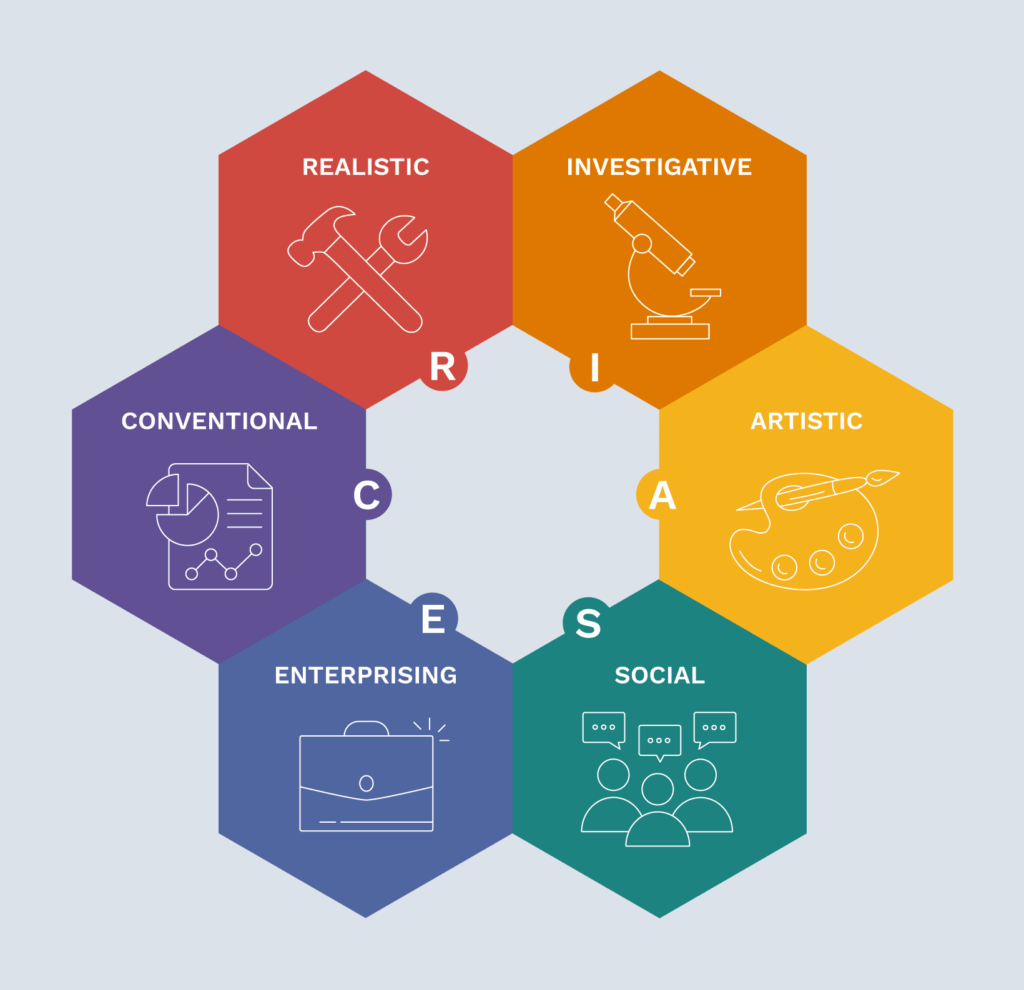Unleashing Potential: The Power of Self-Directed Search
In a world brimming with career choices, understanding one’s own abilities and preferences is paramount. The Self-Directed Search (SDS) emerges as a pivotal tool designed to empower individuals in their quest for career clarity. Developed by renowned psychologist John Holland, this assessment tool harnesses the principles of Holland’s Code to enable users to explore their career interests and vocational aptitudes.
Understanding the Self-Directed Search
The Self-Directed Search is not just an assessment; it’s a comprehensive framework guiding individuals through the intricate maze of career possibilities. By aligning personal traits with various occupational environments, it offers insights that are not only profound but actionable. The tool categorizes vocations into six primary themes: Realistic, Investigative, Artistic, Social, Enterprising, and Conventional. This thematic structure serves as a compass, illuminating paths that resonate with individual values and skills.
Users embark on this journey through a user-friendly interface, engaging with thought-provoking questions that encourage introspection. The process culminates in a report illustrating potential career matches and available educational resources, making it an invaluable asset for anyone seeking to navigate their professional landscape.
Unique Features of SDS
One of the standout features of the Self-Directed Search is its accessibility. Designed for a diverse audience, from students to seasoned professionals, it fosters a personalized experience that caters to varying levels of career experience. The tool emphasizes self-evaluation, encouraging users to reflect deeply on their intrinsic interests and strengths.
- Comprehensive Assessment: Offers insight across multiple career categories.
- Tailored Reports: Generates personalized reports that align with individual aptitudes.
- User-Friendly Interface: Simplifies the assessment process for users at any stage of their career.
Moreover, the SDS is adaptable, fitting seamlessly into educational curricula or personal career exploration initiatives. Professionals can incorporate it into counseling sessions, enhancing guidance strategies and enriching the career development process.
Benefits of Self-Directed Search
The benefits of engaging with the Self-Directed Search extend far beyond initial career selection. By embracing this tool, users gain a clearer understanding of their preferences, paving the way for more strategic decision-making. Armed with knowledge about suitable career paths, individuals often experience heightened motivation and focus, transforming uncertainty into confidence.
- Enhanced Self-Awareness: Promotes a deeper understanding of personal strengths and areas for growth.
- Informed Decision Making: Equips users with the information required to choose the right career path.
- Empowerment: Fosters a sense of agency in career development and life planning.
The Value of Self-Directed Search
Ultimately, the Self-Directed Search stands as a beacon of hope for those uncertain about their career trajectories. It invites users to take charge of their professional lives, fostering resilience and adaptability. The journey of self-discovery unlocked by the SDS is not merely about finding a job but about establishing a rewarding career aligned with one’s values and aspirations.
In an era where career paths are often nonlinear and multifaceted, the SDS offers a rare blend of guidance and autonomy. As individuals embark on their unique journeys, the Self-Directed Search equips them with the knowledge to transform aspirations into reality. Embrace this tool, unlock your potential, and step confidently onto a path that truly represents who you are.

